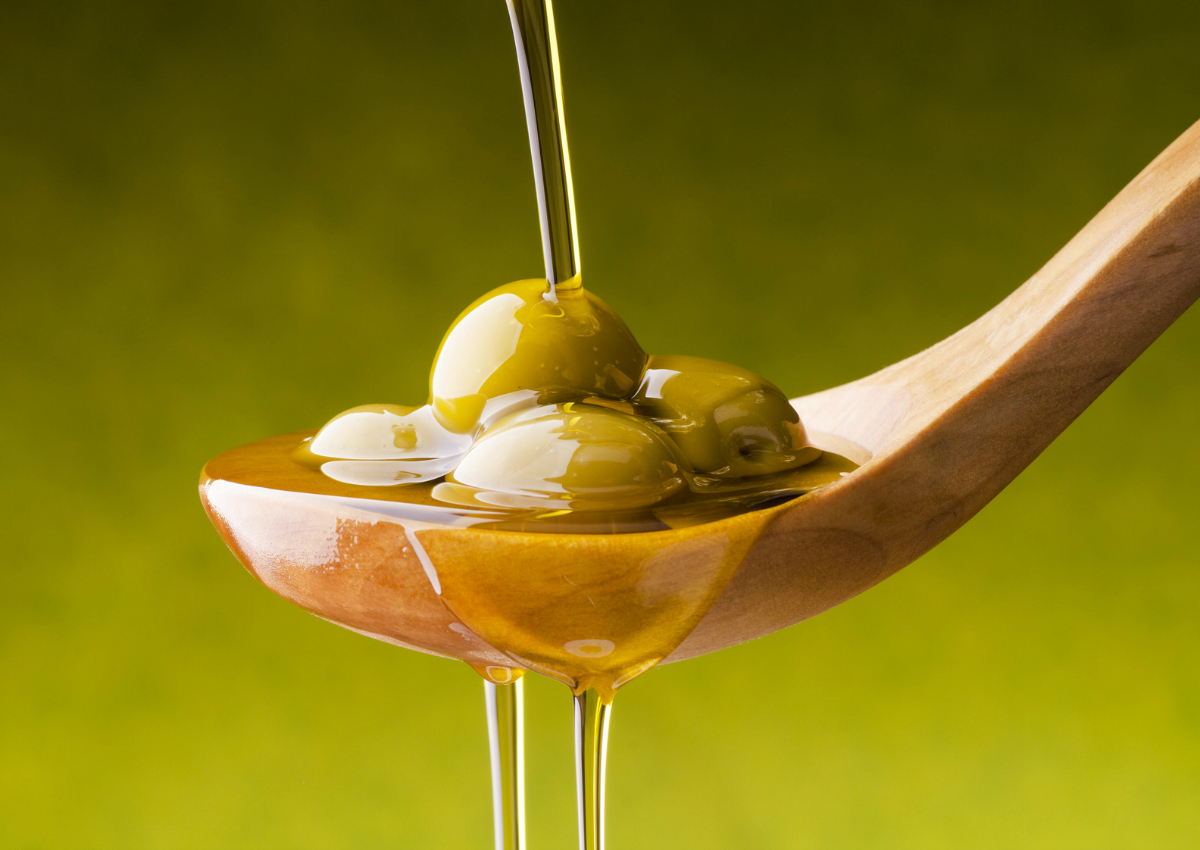Italian evo oil points upwards. Sixty years after the entry into force of the law that established its product classification, in the middle of a difficult and anomalous year the idea that new, stricter regulations are needed to identify the top quality products in the sector is once again gaining ground. It could also be a way to differentiate Italian extra-virgin olive oil from many fierce competitors who rely on large volumes at the expense of quality such as Spain. Competitors are also advantaged by the fact that the Coi (International Olive Oil Council) has set the maximum acidity of extra virgin olive oil at 0.8%.
Click here to discover the authentic Italian evo oil on Italianfood.net platform
Now in Italy, thanks to the anomalous situation of the internal market and the critical situation on the export front due to the current health emergency, many producers are asking again to lower this limit to 0.3 – 0.4%. This would lead to the reclassification of a large part of Spanish and Tunisian production as just virgin olive oil, with an immediate effect on market prices. Moreover, this battle is bringing together Italian olive growers and olive oil producers.
ITALIAN EVO OIL: THE PRODUCERS’ REQUESTS
“We will require a revision of the classification of olive oils to make the regulations stricter and ensure that only high-quality olive oils are defined as ‘extra virgin’. We can’t compete on a distorted market; even if this shall mean very hard choices for our country, such as the exit from Coi,” says David Granieri, president of Unaprol (an Italian olive oil companies’ association, representing 160,000 producers).
“We must offer products with increasingly higher requirements – explains Zefferino Monini, president and Ceo of the family business (144 million turnover, 44% of which is achieved abroad) – and pass on the message that our oil is different because of its healthy and nutraceutical characteristics.” This could be guaranteed by focusing on modernization and innovation, to achieve the highest quality standards thanks to new and efficient systems.
These principles are the basis of the new plan launched by Monini to invest in olive growing in Italy. The company has already spent 10 million euros (it will be 25 by 2030) to plant one million olive trees in Umbria, Puglia and Basilicata, and to reach 100% of CEQ Italian certified products and olive groves in integrated or organic farming.

